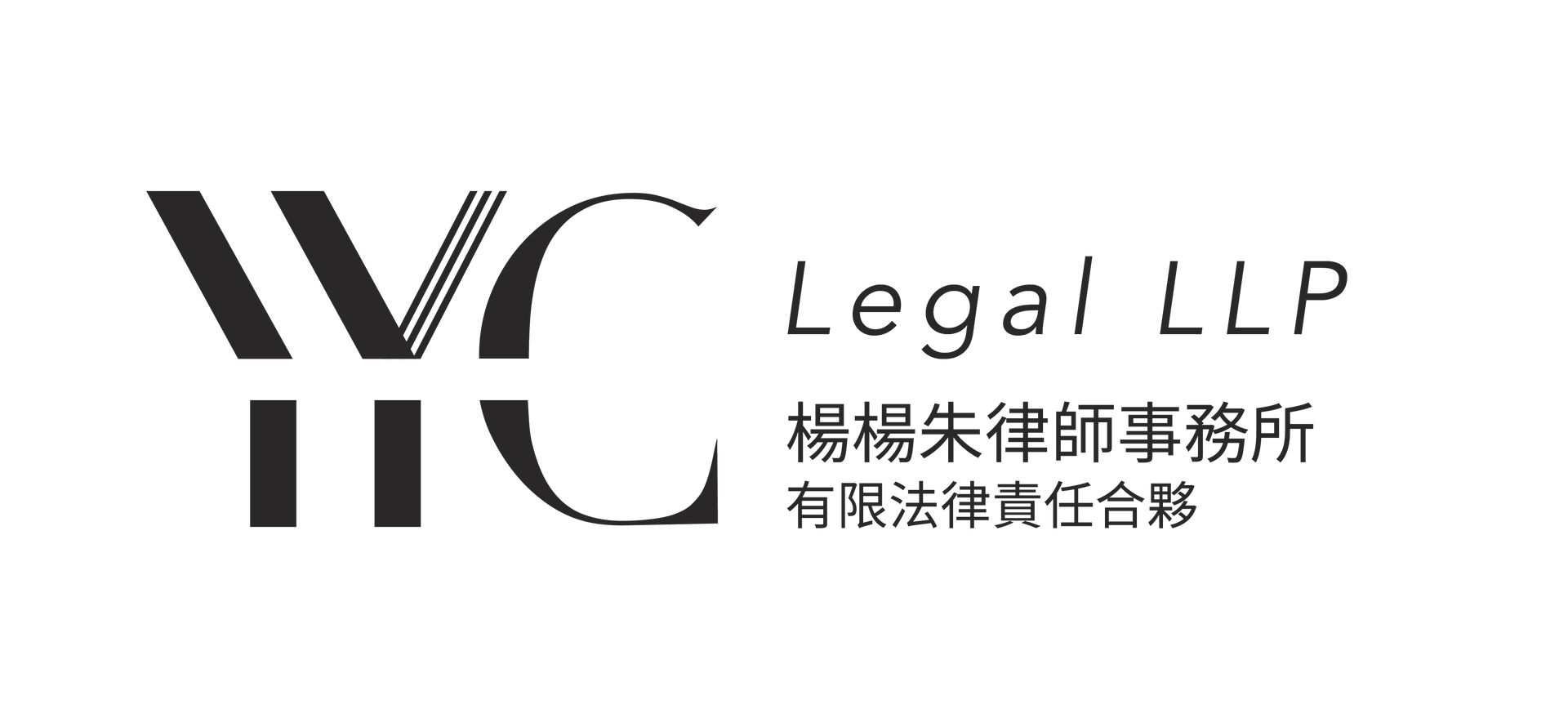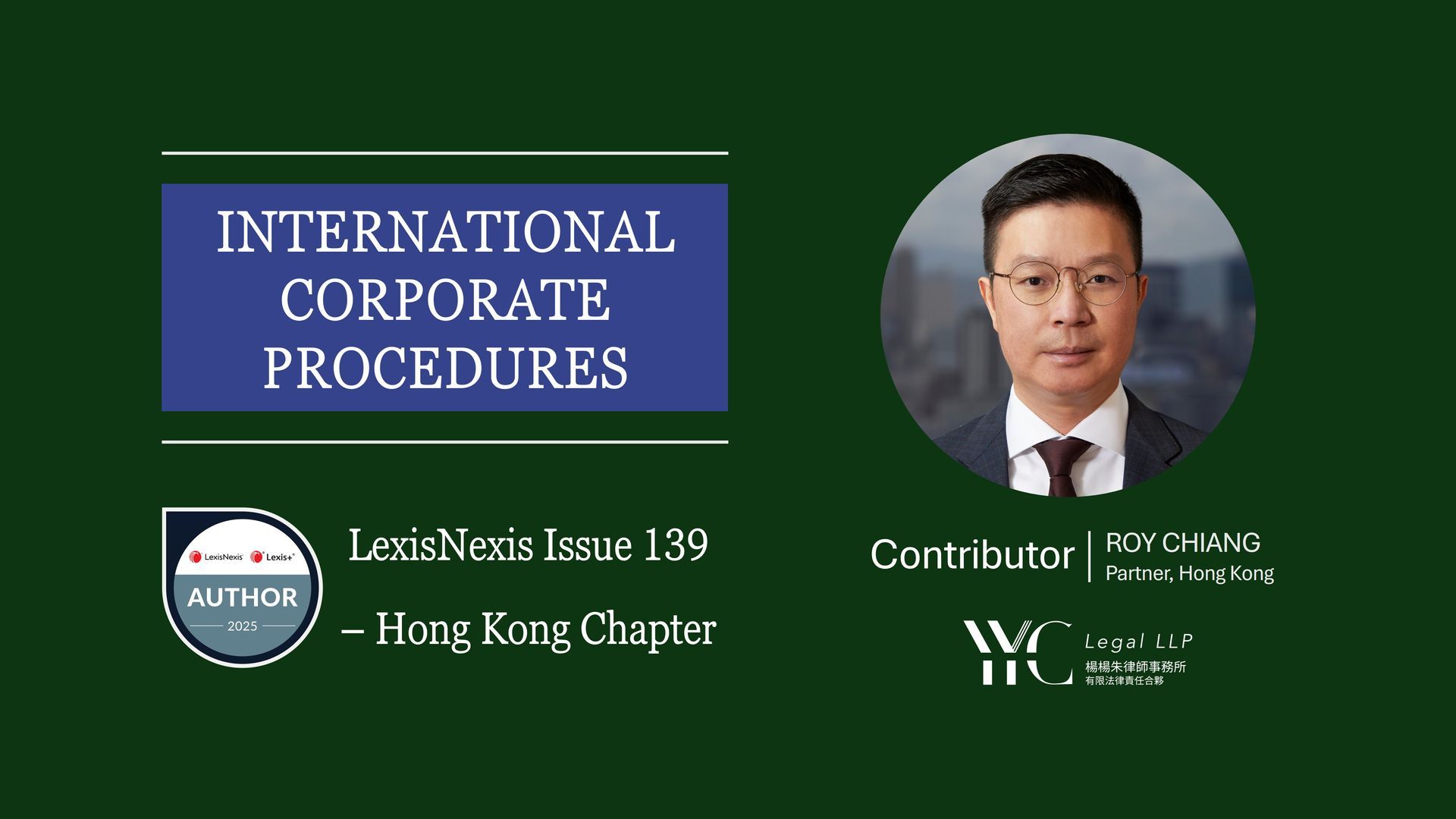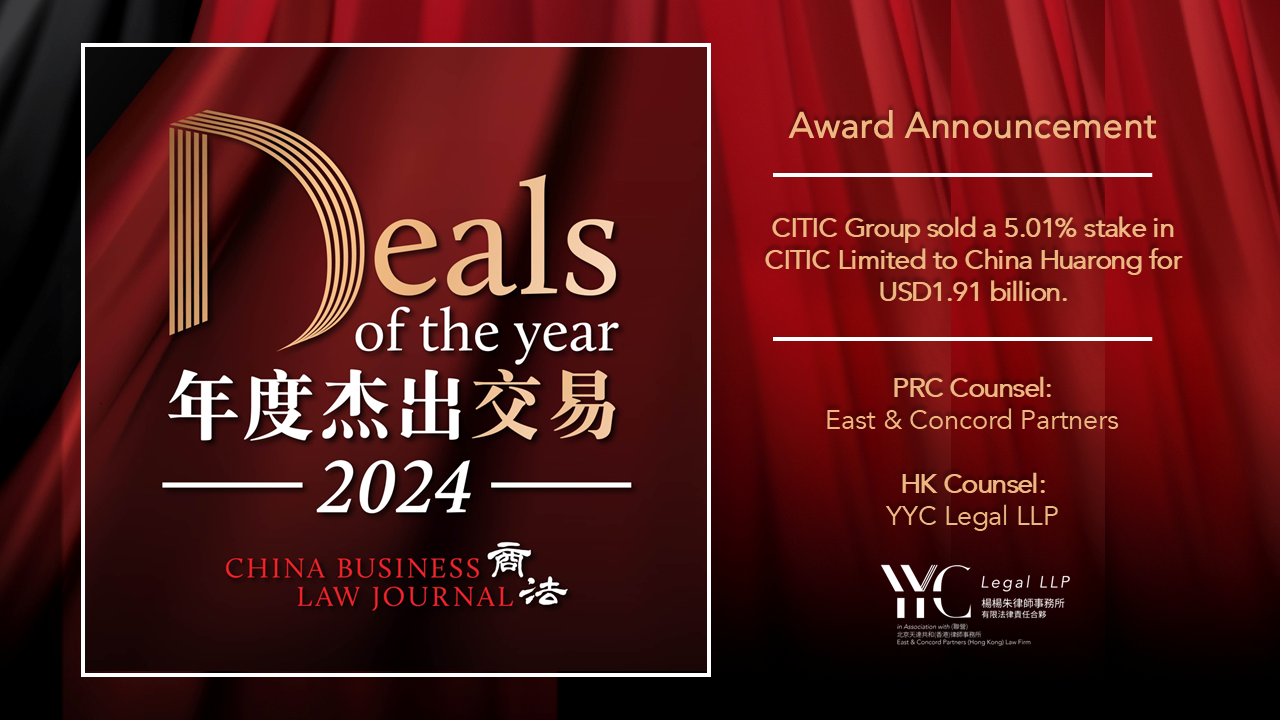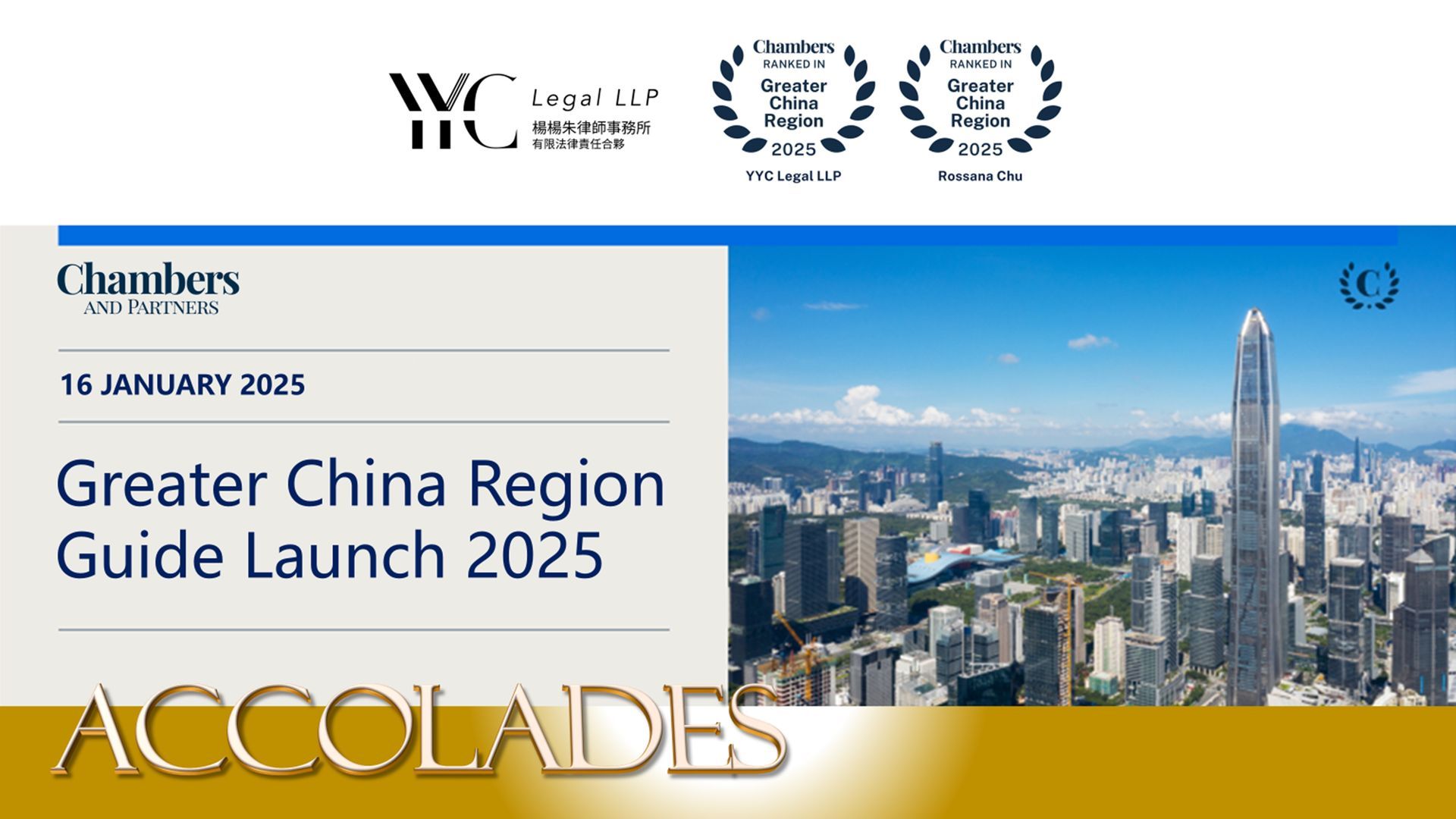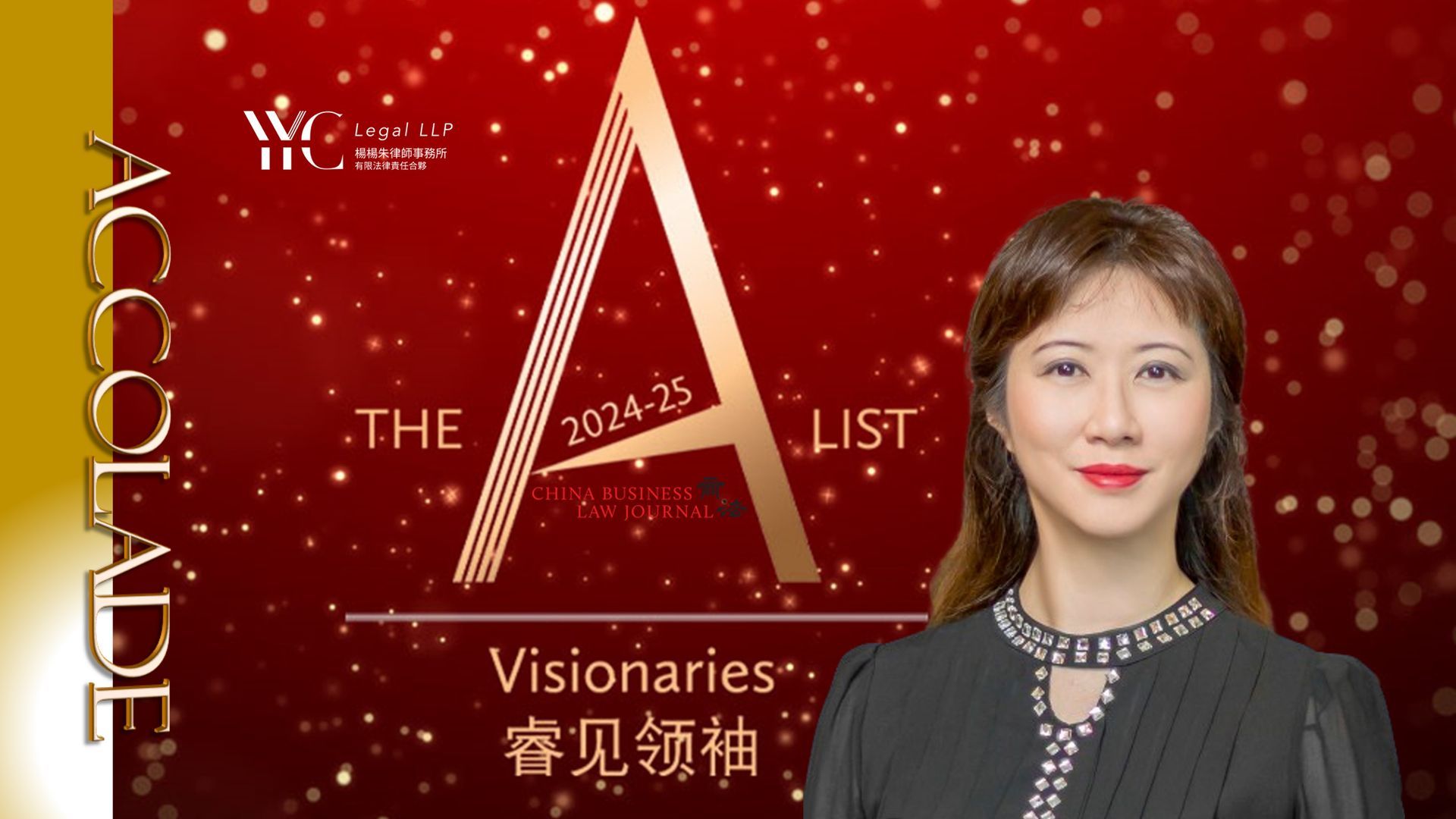A privatisation is proposed by an offeror (the controlling shareholder of a listed company in most cases) to acquire the shares held by the other shareholders and cancel the company’s listing status on the Stock Exchange. Privatisation is usually effected by either (i) a voluntary general offer or (ii) a scheme of arrangement. The consideration of privatisation offer may be cash or securities with or without a cash option.
Both privatisation methods are subject to the Hong Kong Code on Takeovers and Mergers (the “Takeovers Code”), the Rules Governing the Listing of Securities on The Stock Exchange of Hong Kong Limited, and the laws of jurisdiction in which the listed company is incorporated.
Privatisation by way of Voluntary General Offer
A controlling shareholder may make a general offer to all other shareholders to buy out their shares in the listed company. For listed companies incorporated in Hong Kong, once the controlling shareholder and its concert parties have obtained acceptances which in aggregate represent 90% in value of the shares for which the offer is made, the controlling shareholder may opt to compulsorily acquire the remaining shares held by the other shareholders who have not accepted the offer. The listed company will then be delisted. For listed companies incorporated overseas, the privatisation offer shall be conducted under the laws of the relevant jurisdiction.
Privatisation by way of Scheme of Arrangement
A privatisation may also be achieved by way of a scheme of arrangement which is a statutory corporate restructuring procedure. The controlling shareholder as offeror will request the listed company to put forward the scheme of arrangement to the other shareholders (scheme shareholders).
The Takeovers Code requires the scheme to be approved by at least 75% of the voting rights attached to the disinterested shares (i.e. shares other than those held by the controlling shareholder and its concert parties) that are cast in person or by proxy at a shareholders’ meeting, and the number of votes cast against the resolution is not more than 10% of the voting rights attached to all disinterested shares whether or not the holders have cast votes at the meeting. In certain jurisdictions (e.g. Cayman Islands and Bermuda), the scheme is also required to be approved by a majority in number of the scheme shareholders present and voting in person or by proxy, i.e. the so-called “headcount test”. The controlling shareholder as the offeror is not entitled to vote on the scheme resolution. After the scheme is approved by the scheme shareholders, it is still subject to sanction by the Court.
The Stock Exchange will approve the listed company’s application for withdrawal of listing once the scheme is approved by the shareholders and the Court.
Comparison of the Two Methods
Based on the public information on the Stock Exchange website, from January 2019 to September 2020, a total number of 33 privatisation offers has been announced by companies listed on the Stock Exchange (excluding those made by H-share companies), among which all the 11 privatisations announced in 2019 were completed and the shares were delisted. For the 22 offers announced during the nine months ended 30 September 2020, one offer closed without being privatised, seven were successfully completed, one is pending listing withdrawal, while 13 are ongoing. Out of the 33 privatisation offers, only three were made through voluntary general offers while the remaining 30 were made by way of schemes of arrangement.
Both privatization methods share one common feature - the chance of success rests with the other shareholders even if the controlling shareholder as offeror already holds a large amount of shares in the listed company.
Privatisation by a voluntary general offer requires the other shareholders to take the steps to accept the offers to the extent of at least 90% of the shares subject to the offer – which is a very high threshold. Some shareholders may find the offer price unattractive while others simply do not pay attention to the offer. That is one reason why this privatization method is less appealing.
A scheme of arrangement requires super majority votes by scheme shareholders but does not impose the minimum number of votes cast at the shareholders’ meeting. So even if a small number of votes cast at the meeting fulfils the super majority requirement, the scheme may proceed because the Court is unlikely to object if the scheme passes through the shareholders’ approval.
